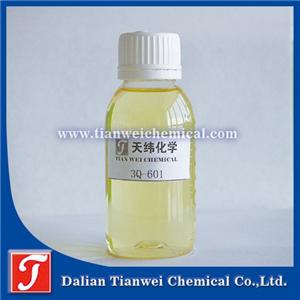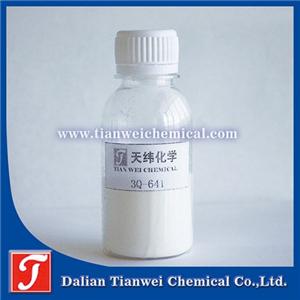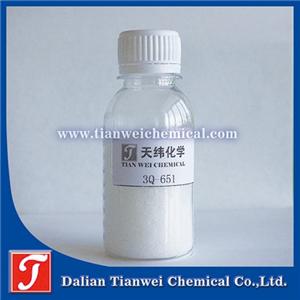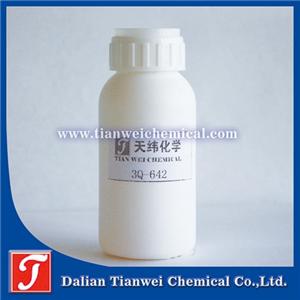The function of adding antibacterial agents to makeup brushes
The core function of adding antibacterial agents to makeup brushes is to inhibit bacterial growth, protect skin health, and extend the lifespan of the tools. It destroys the structure of bacteria through chemical or physical means, reduces skin problems caused by contamination of makeup tools, and at the same time lowers the wear and tear on the bristles due to frequent cleaning. The following is the specific analysis:
1. Inhibit bacterial growth and ensure hygiene and safety
During the use of makeup brushes, they come into contact with skin oils, cosmetic residues and microorganisms in the air. If not cleaned in time, they can easily become a breeding ground for bacteria. After adding antibacterial agents (such as silver ions), their mechanisms of action include:
Destroying the bacterial cell wall: Silver ions penetrate the bacterial cell membrane, combine with proteins to inactivate them, and block bacterial reproduction.
Long-lasting antibacterial effect: Inorganic antibacterial agents (such as silver ions) are slowly released from the interior of the bristles. Even after repeated washing, they can still maintain their antibacterial effect, avoiding the problems of easy dissolution and short-lived effect of organic antibacterial agents.
Covering common bacterial species: Effectively inhibits common pathogenic bacteria such as Escherichia coli and Staphylococcus aureus, reducing the risk of cross-infection.
2. Protect skin health and reduce skin problems
Long-term use of makeup brushes that have not undergone antibacterial treatment may lead to:
Cosmetic contamination and deterioration: Bacteria decompose cosmetic ingredients, causing rancidity or unpleasant odors and irritating the skin.
Skin infection risk: Direct contact of bacteria with the skin may induce acne, dermatitis, folliculitis, etc., especially for sensitive skin or broken skin, the harm is even greater.
Antibacterial brushes provide an additional protective barrier for the skin by reducing bacterial contact, and are especially suitable for the following groups of people:
Sensitive skin or a constitution prone to allergies;
There are small wounds on acne-prone skin or the skin.
Professional makeup artists who frequently use makeup tools.
3. Extend the service life of tools and reduce maintenance costs
The protective effect of antibacterial agents on brush bristles is reflected in:
Preventing bacterial erosion: Bacteria break down the protein structure of brush bristles, causing the bristles to dry out and break. Antibacterial treatment can delay this process.
Maintain the elasticity of the bristles: Antibacterial agents such as silver ions can enhance the heat resistance of the bristles and reduce deformation caused by cleaning or high-temperature disinfection.
Reduce cleaning frequency: The antibacterial brush has a strong self-antibacterial ability. The cleaning interval can be appropriately extended to reduce the wear of the bristles caused by frequent water washing.
4. Enhance the user experience and adapt to diverse needs
The design of the antibacterial brush also takes functional optimization into account:
Material compatibility: Synthetic fiber bristles (such as nylon) are gradually replacing some animal bristles due to their fast drying and easy addition of antibacterial agents, especially suitable for liquid or cream cosmetics.
Special application scenarios: For instance, foundation brushes are prone to bacterial growth due to residual oil. Antibacterial treatment can significantly reduce the risk of acne. Due to its contact with mucous membrane areas, the antibacterial property of eye shadow brushes is particularly important for preventing infections such as conjunctivitis.
Selection and process of antibacterial agents
Inorganic antibacterial agents (such as silver ions) : They have good heat resistance, high safety, and fast sterilization speed, and are suitable for embedding into the interior of brush bristles to achieve long-lasting antibacterial effects.
Organic antibacterial agents: They have a relatively low cost, but they are prone to leaching and may cause skin irritation, so the dosage must be strictly controlled.
Manufacturing process: By mixing antibacterial agents with raw materials and extruding them into shape, it ensures that the bristles evenly contain antibacterial components from the inside out, rather than just surface spraying, to guarantee durability.




